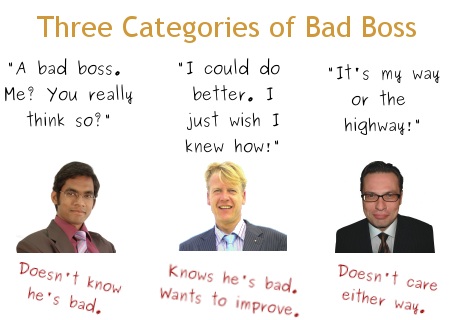Monday, March 14, 2011
The Corporate Culture of Meetings...
Every time I hear another architect describe their employer's work culture as collaborative, I have come to learn that this is really a polite way of saying they work in a meeting-oriented culture...

Bet you didn't know that collaborative cultures tend to cause people to work harder but don't necessarily have better business outcomes.
Meetings are one of the most frequent ways that overtime organizations waste the time of their most essential human resources. Another way is that workers tend to drop their interrupt discipline during daylight hours, knowing that their peers will be working long into the night as they feel to interrupt them willy-nilly during "normal" working hours.
In many cultures, meetings aren't just a problem, but an obsession. Meetings in many companies account for nearly a third of all people's time. To make matters worse, meetings are not only too frequent but also have way too many people. Have you had a day with multiple meetings where the smallest in attendance was still over a dozen? Doesn't this remind you of what it feels like to be part of MC Hammer's entourage...

The best and biggest waste of time is when a new person attends. We spend a lot of time bringing this person up to speed while making dozens of people endure the same material they have seen at least a dozen times.
All of these meetings cause people to become overworked and do more overtime than they should. Many people are of the mindset that overtime only impacts the employee and not the company since the company isn't paying additional for the time wasted, but nothing could be further from the truth.
Think about a business practice where there is a tendency to waste normal workday hours? Don't you think that this time could be better used than in meetings? Ask yourself why do the basic hygienic acts of management to reduce daytime waste are for some reason suspended?
A culture that is wildly successful will attempt to achieve balance for all involved. It is common sense that people think better when they aren't tired and therefore it is in management's best interest to keep people fresh.
If you want to stump a CIO, ask him/her what would they do if overtime were forbidden and they still had to make a schedule? Until your enterprise can answer this fundamental question, there is no hope in either truly obtaining IT efficiency nor in achieving sustained competitive advantage...

| | View blog reactions
Bet you didn't know that collaborative cultures tend to cause people to work harder but don't necessarily have better business outcomes.
Meetings are one of the most frequent ways that overtime organizations waste the time of their most essential human resources. Another way is that workers tend to drop their interrupt discipline during daylight hours, knowing that their peers will be working long into the night as they feel to interrupt them willy-nilly during "normal" working hours.
In many cultures, meetings aren't just a problem, but an obsession. Meetings in many companies account for nearly a third of all people's time. To make matters worse, meetings are not only too frequent but also have way too many people. Have you had a day with multiple meetings where the smallest in attendance was still over a dozen? Doesn't this remind you of what it feels like to be part of MC Hammer's entourage...
The best and biggest waste of time is when a new person attends. We spend a lot of time bringing this person up to speed while making dozens of people endure the same material they have seen at least a dozen times.
All of these meetings cause people to become overworked and do more overtime than they should. Many people are of the mindset that overtime only impacts the employee and not the company since the company isn't paying additional for the time wasted, but nothing could be further from the truth.
Think about a business practice where there is a tendency to waste normal workday hours? Don't you think that this time could be better used than in meetings? Ask yourself why do the basic hygienic acts of management to reduce daytime waste are for some reason suspended?
A culture that is wildly successful will attempt to achieve balance for all involved. It is common sense that people think better when they aren't tired and therefore it is in management's best interest to keep people fresh.
If you want to stump a CIO, ask him/her what would they do if overtime were forbidden and they still had to make a schedule? Until your enterprise can answer this fundamental question, there is no hope in either truly obtaining IT efficiency nor in achieving sustained competitive advantage...




